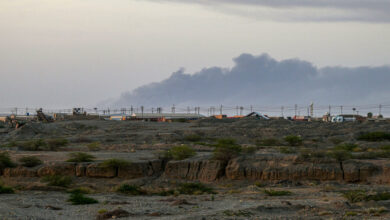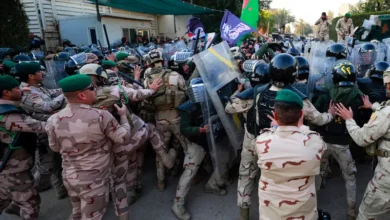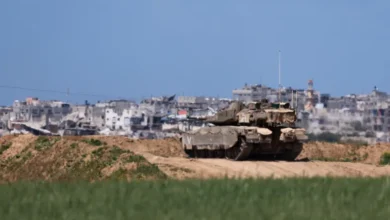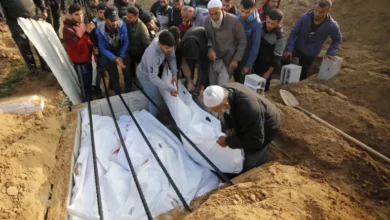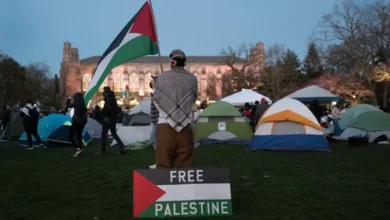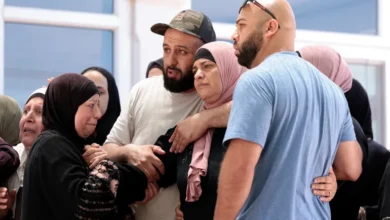Saudi Arabia, US announce 24-hour Sudan ceasefire from Saturday
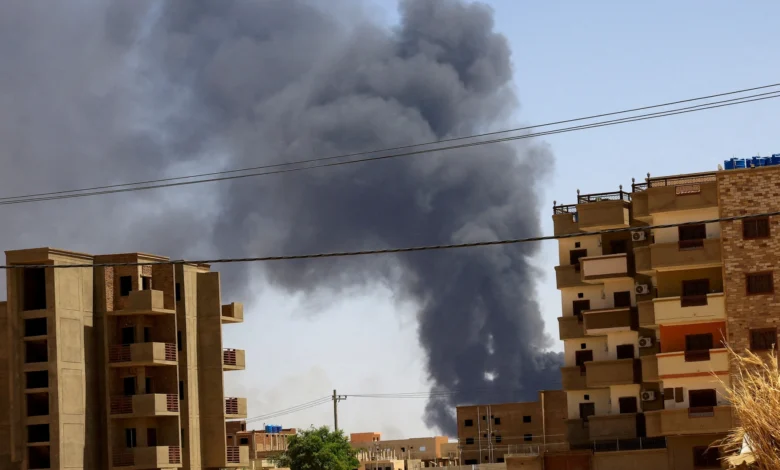
The agreement marks the latest in several failed attempts to stop weeks of fighting between the Sudanese army and the Rapid Support Forces (RSF) paramilitary group.
The ministry’s statement said the two sides agreed – as they had done in previous abortive ceasefires – to refrain from seeking military advantage during the 24-hour period, as well as from prohibited movements, attacks, use of aircraft or drones, aerial bombardment, artillery strikes, reinforcement of positions and resupply of forces.
“They also agreed to allow the unimpeded movement and delivery of humanitarian assistance throughout the country,” it added.
The agreement marks the latest in several failed attempts to stop weeks of fighting between the Sudanese army and the Rapid Support Forces (RSF) paramilitary group.
The ministry’s statement said the two sides agreed – as they had done in previous abortive ceasefires – to refrain from seeking military advantage during the 24-hour period, as well as from prohibited movements, attacks, use of aircraft or drones, aerial bombardment, artillery strikes, reinforcement of positions and resupply of forces.
“They also agreed to allow the unimpeded movement and delivery of humanitarian assistance throughout the country,” it added.
The UN says about 25 million people – more than half of Sudan’s population – are now in need of humanitarian assistance and aid that could help about 2.2 million people has been delivered since late May.
Since mid-April, fighting between the regular army and the RSF has gripped Khartoum and the flashpoint western region of Darfur, defying a series of ceasefires.
At least 1,800 people have been killed in the violence, according to the Armed Conflict Location and Event Data Project. Sudan’s health ministry has recorded at least 780 civilian deaths as a direct result of the fighting.
More than 1.4 million people have been displaced within Sudan and a further 476,800 have fled to neighbouring countries, most of which are already struggling with poverty and internal conflict, according to estimates from the International Organization for Migration.
The conflict derailed the launch of a transition towards civilian rule four years after a popular uprising led to the removal of longtime President Omar al-Bashir.
Sudan’s army and the RSF fell out over the chain of command and military restructuring plans under the transition.

